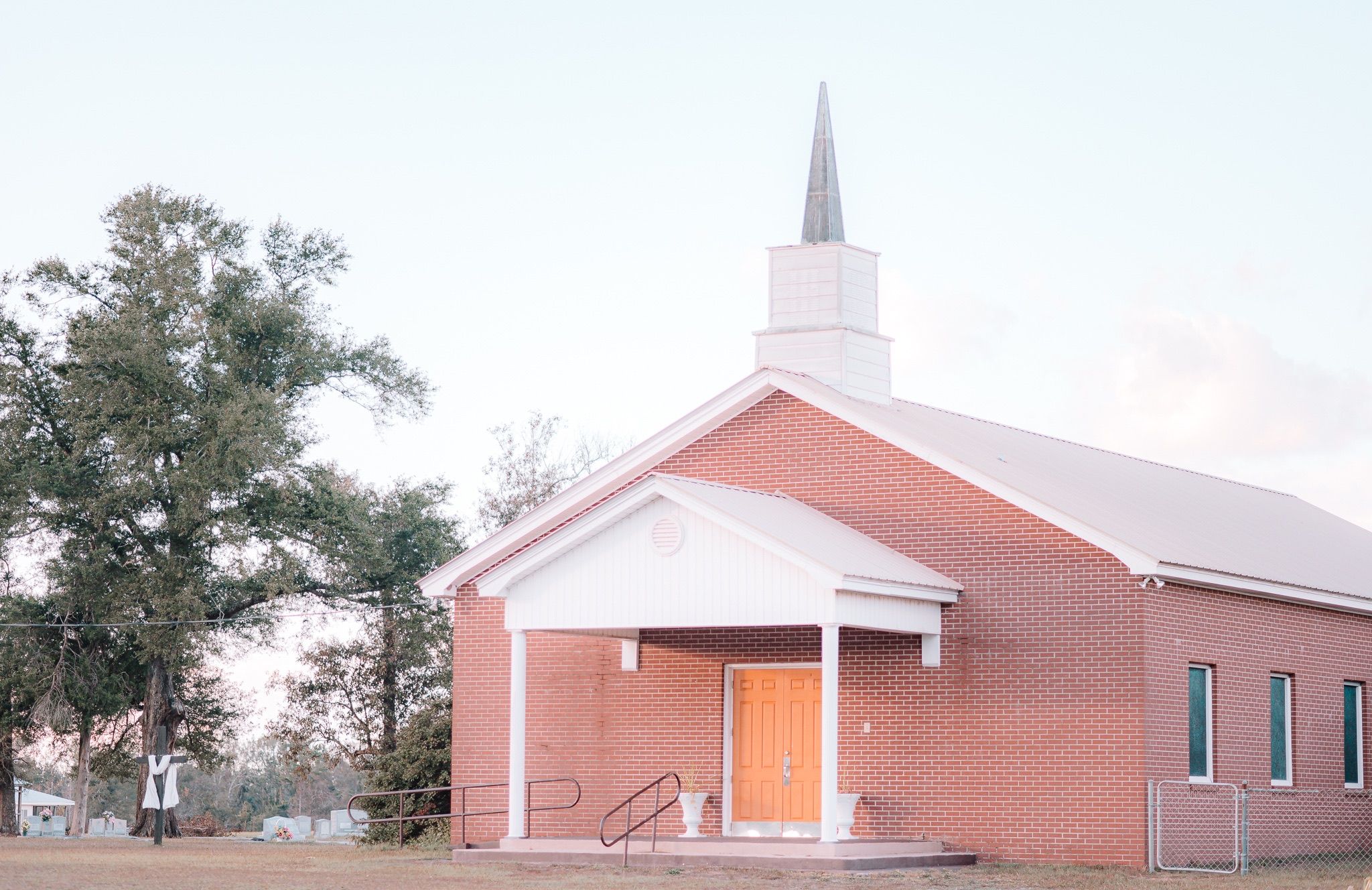Transforming your Ministry: The Power of Congregational Education
Transforming your Ministry: The Power of Congregational Education
Pastor, are you exhausted from trying to craft three or more sermons per week? Are you overwhelmed with preaching on Sunday mornings, Sunday nights, and Wednesday nights? What if I told you there is a way to simplify your life while also providing your congregation with multiple spiritual benefits? The answer is not more sermons, it’s more congregational education.
As a pastor, your time is at a premium. You are busy– I probably don’t need to tell you that! But imagine if you could align your Sunday morning, Sunday night, and Wednesday nights in a way that allowed you to spend less time preparing sermons and more time engaging with the Word. Instead of three separate sermons, you could focus your energy on the theological application your church needs.
For many of the people in our congregations, there is a belief that because they have listened to countless sermons in their lives, they are theologically educated. However, if individuals engage with theology solely through sermons, their spiritual growth might be constrained. Sermons, by nature, are limited. There is a time limit (the average attention span is not everlasting), and there is a limit to how much wisdom we can impart through monologue (lecture-style teaching) versus dialogue (discussion-based learning).
In this week’s podcast, Bob and Jimbo discussed the numerous benefits of congregational theological education and how to implement theological training among your congregation.
The Benefits of Congregational Education

Congregational education is not just about aligning your workload to be more effective. There are multiple benefits for your congregation, as well.
- A deeper faith: Theological education deepens our understanding of our faith, equipping us to navigate the complexities of life and engage in meaningful dialogue with others.
- A more unified faith: Biblical unity is inherently theological. When a congregation studies theology together, they experience greater unity because they share a common understanding of their faith.
- A more mature faith: As your congregation studies the Word, they grow in understanding of it. They become better disciple-makers and better leaders.
- An empowered faith: A well-educated congregation is mission-oriented. They understand the need for evangelism and they engage in their faith in a new way.
- A transformed faith: When members learn to actively engage with God’s word instead of just passively reading it, the Word comes alive to them. It stops being words on a page and becomes a lamp unto their feet, and like honey to their mouth. (Psalm 119)
How Do I Provide Congregational Education?

OK, I hear you saying it– you understand the benefits of congregational education, and you recognize the need for it… But how do you provide it without being overwhelmed with a new task on your already long to-do list? By aligning it with your Discipleship program, Sunday morning sermon, and your leadership pathways.
At our church, our discipleship pathway encompasses Sunday morning worship, small group bible study, one-on-one discipleship, and leadership development. This is not radical or new, nor was it our invention. It’s simply aligning all congregational education under one umbrella. As our members grow in their faith, they move into deeper theological understanding, culminating in making new leaders who are equipped to be sent out to assist other churches. We do this by providing multiple educational resources.
At your church, in your setting, this may look different than it does at ours. There is no one-size-fits-all approach to educating your members. For you, it can look like any of the following:
- Structured Biblical Training: Offer training on each book of the Bible. Provide the context, intended audience, and theme of each book, from Genesis to Revelation. Encourage the members to read the book together, and to discuss specific verses in small groups or discipleship relationships.
- Collaborative Biblical Training: Utilize the resources you have within your local association. When you go to conferences, bring some lay members with you. Connect with other churches and use guest speakers to conduct workshops that would provide theological education for all members.
- Online Biblical Training: The Replant Hub from NAMB has countless resources on apologetics, evangelism, replanting and revitalization, and biblical education. Utilizing these online resources for your small groups to study might allow you to recognize possible conflicts before they arise. Right Now Media provides tools for your church as well, from the smallest members to the more “seasoned.”
- Engage with Other Faiths: Explore other religions and their beliefs. We did a Sunday Night study on other religions that included their backgrounds and beliefs, but also allowed us to educate our members on apologetics and how to share their faith with people of that religious affiliation.
- Dissect the Creeds and Confessions of Our Faith: If your church is Southern Baptist, dig into the Baptist Faith and Message and help them understand why we believe what we believe. If your church is of a different denomination, look at your creeds and go through those step by step with your members.
- Daily or Weekly Prompted Self-Study: Utilize your church’s app or email and have members sign up to receive a daily or weekly prompt that gives them a chapter or verse to study on their own and to write down their thoughts. Use this as a starting point for small group or discipleship discussions.
Recommended Resources for Beginning Congregational Education
No Silver Bullets by Daniel Im: This book underscores the importance of studying, not just reading, God’s word. It reveals how in-depth Bible study can be the most impactful spiritual discipline, positively affecting all other aspects of faith.
99 Essential Doctrines: A comprehensive resource to explore the core doctrines of Christianity.
The NAMB Replant Resouce Hub: This site has many blogs, podcasts, and books for replanters to “dig in” with their congregations. Incorporating your church into the vision builds unity and is a hallmark of leading change effectively.
When we teach our congregations to truly study the Word, and not just read the Word, we engage them in Bible Study with us. You can preach a sermon series on Sunday morning that aligns with the Scripture you want to study on Sunday Night, then allow the small groups to dig even deeper on Wednesday night. You can break down the Word in each space, allowing for discussion and engagement with the Scripture that fosters a greater understanding of it.
We know it can be difficult to plan ahead when you can only see what is required in front of you. However, being intentional about your church’s educational growth is a way to help deepen their faith for the future stability of your church’s discipleship plan.
















